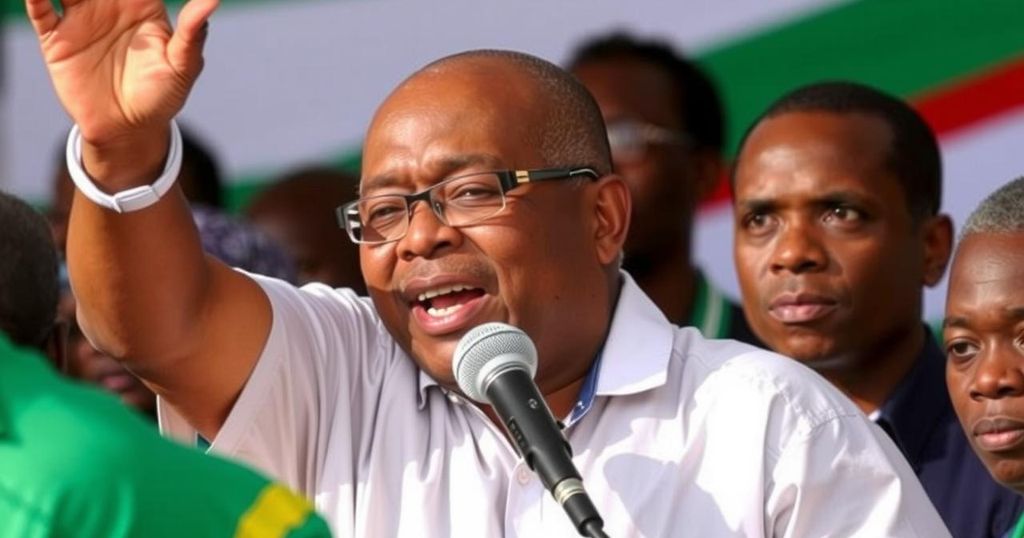Chad’s ruling party, the Patriotic Salvation Movement, won a majority in the parliamentary elections marred by a boycott from major opposition groups. The elections, marking a decade of stagnation, garnered a 51.5% voter turnout. Critics, including the main Transformers party, denounced the elections as a “charade,” questioning their legitimacy and raising concerns about the direction of Chad’s democracy under President Mahamat Idriss Deby.
In the parliamentary elections held in Chad last month, the ruling Patriotic Salvation Movement party secured a significant victory, capturing 124 out of 188 seats. This election, marking the first parliamentary contest in over ten years, witnessed a voter turnout of 51.5%, according to provisional results announced by Ahmed Bartchiret, the electoral commission’s head. The election had been boycotted by more than ten opposition parties, including the prominent Transformers party, which labeled the election a “charade” amid concerns over the credibility of the vote. Analysts previously indicated that this election would likely solidify President Mahamat Idriss Deby’s power following his assumption of leadership as a military ruler in 2021, following the death of his father, long-term President Idriss Deby Itno.
This parliamentary election followed a protracted period of political transition after Mahamat Idriss Deby took control of the nation. The objective of the election, as articulated by Deby, was to facilitate a long-anticipated era of decentralization, distributing power from the national government to local provinces and municipalities. However, the opposition’s absence from the electoral process raises significant questions regarding the legitimacy and democratic nature of the elections and the potential implications for Chad’s political landscape.
Chad has experienced a tumultuous political environment, exacerbated by the recent death of former President Idriss Deby Itno, who had ruled for three decades. Following his death, his son, Mahamat Idriss Deby, assumed power through a military takeover. Initially, there were hopes for a political transition toward democracy; however, the recent parliamentary elections have been criticized for their lack of credible opposition, raising concerns about the consolidation of power within the ruling party. This election represents a critical juncture for Chad, not only politically but also in addressing various security threats facing the nation, such as insurgent attacks in the Lake Chad region and shifting relationships with global allies, notably France.
The recent parliamentary elections in Chad have resulted in a significant victory for the ruling party amid a boycott by main opposition groups, casting doubt on the electoral process’s integrity. With the Patriotic Salvation Movement winning the majority, there are serious implications for the country’s future political dynamics and democratic aspirations. The authority of President Mahamat Idriss Deby continues to grow, yet the absence of credible opposition raises alarms about the sustainability of democratic governance in Chad.
Original Source: abcnews.go.com






